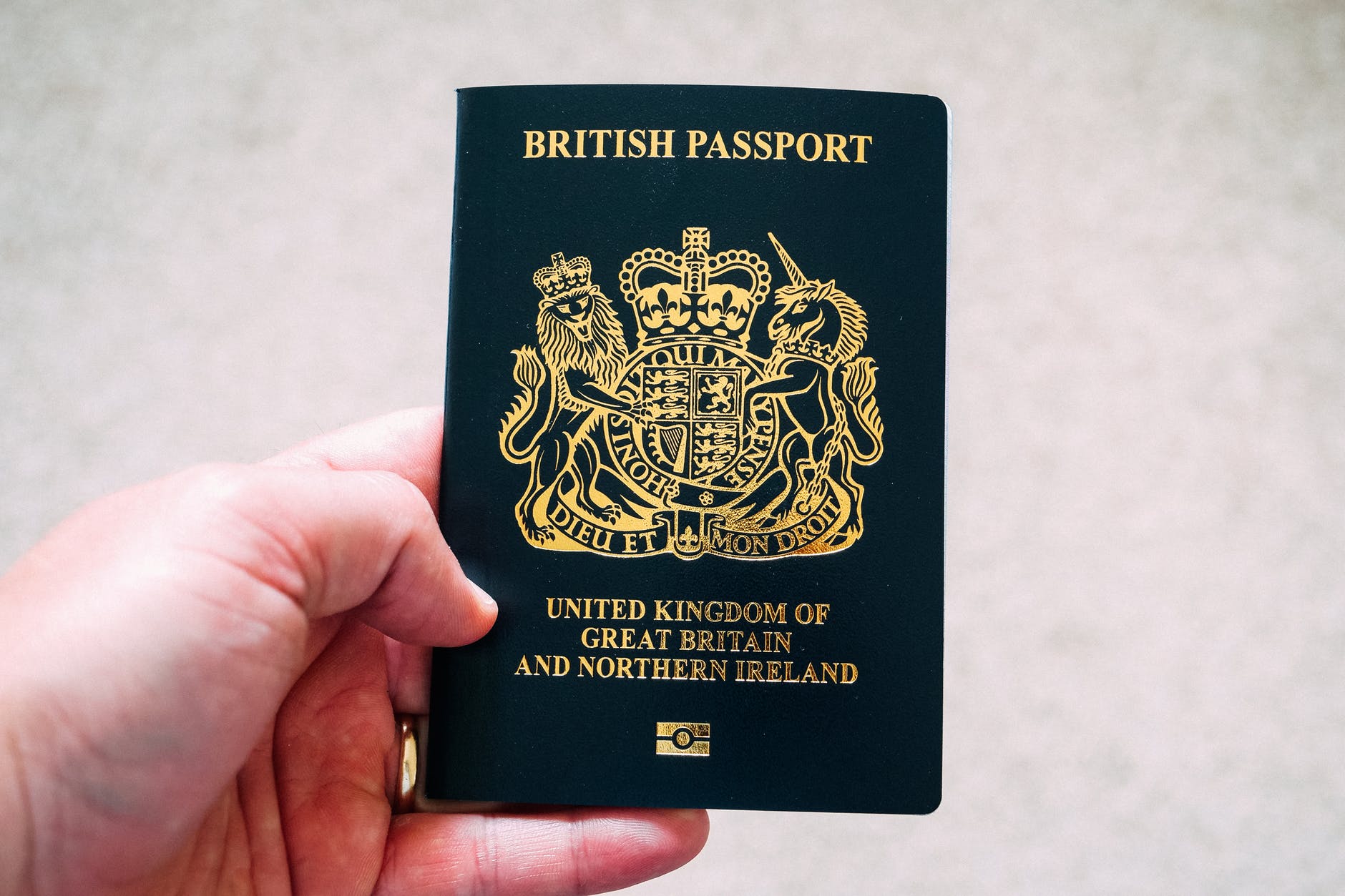30 March 2021, Alberto Perez Cedillo
How Spain’s dual nationality deal with France gives hope to other foreign residents

Pedro Sánchez and Emmanuel Macron’s recent agreement to allow dual nationality between both countries could be a stepping stone for similar citizenship deals between Spain and other nations.
Obtaining Spanish citizenship is no easy task for foreigners living in Spain.
It takes mostextranjeroson average twice as long to be eligible for Spanish nationality through residency than in other EU countries (ten years as opposed to five), the application process is long and arduous (it can take up to two years) and for the majority of foreign nationals it means having to give up their own nationality for them to become only Spanish.
And still, citizenship remains an interesting option for many foreign residents who have made a life for themselves in Spain and wish to obtain greater rights in the country they call home.
On March 15th, Spanish Prime Minister Pedro Sánchez and French President Emmanuel Macron met at the Occitanian town of Montauban for the Spanish-French summit; among other reasons to sign a deal which has been in the pipeline since November: an agreement on dual nationality between the neighbouring nations.
According to estimates, it could benefit more than 350,000 Spaniards based in France and 160,000 French nationals who live in Spain.
Spaniards will no longer have to renounce their nationality if they want to obtain French citizenship as they had until now, and vice versa for the French in Spain. Both sides will also obtain the right to vote in their host countries.
“It’s a strategic agreement between the Spanish and French states that will be beneficial for both parties,”
Why could this deal be beneficial to other Europeans in Spain, including Brits?
France is the first country with which Spain has signed a dual nationality deal outside the Ibero-American space, understood as being applicable to nations that have Spanish or Portuguese as one of their official languages.
So far this has included agreements with Portugal, Andorra, the Philippines, Equatorial Guinea and twelve Latin American nations: Chile, Peru, Paraguay, Nicaragua, Guatemala, Bolivia, Ecuador, Costa Rica, Honduras, the Dominican Republic, Argentina and Colombia.
“I hope it will serve as a basis for effectively opening up the possibility of signing similar agreements with other countries of the European Union and the United Kingdom,”